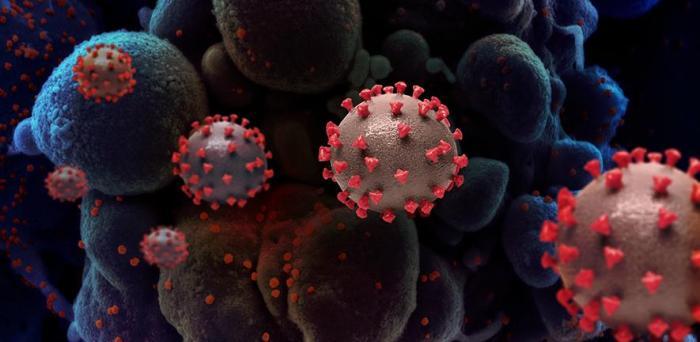Writing in Nature Communications, the researchers describe giving the drug to a patient with COVID-19 and a rare immune disorder, and observing a dramatic improvement in his symptoms and the disappearance of the virus.
The response to the COVID-19 pandemic has been hampered by the lack of effective antiviral drugs against SARS-CoV-2, the coronavirus that causes the disease. Scientists had pinned hope on the drug remdesivir, originally developed to treat hepatitis C and subsequently tested against Ebola. However, results from large clinical trials have been inconclusive, and in early October the World Health Organization (WHO) announced that the drug did not significantly reduce mortality rates. The question is more complicated, however, and a clinical team have now used a different approach to determine the effects of the drug on COVID-19 in a closely monitored patient.
Dr James Thaventhiran from the MRC Toxicology Unit at the University of Cambridge said: “There have been different studies supporting or questioning remdesivir’s effectiveness, but some of those conducted during the first wave of infection may not be optimal for assessing its antiviral properties.
“Mortality is due to a combination of factors, likely including unchecked viral replication and, importantly, the response of the immune system. A clinical trial that looks only at remdesivir’s impact on mortality will have difficulty distinguishing between these two factors. This limits our ability to ask the simple question: how good is remdesivir as an antiviral?”
Image: Creative rendition of SARS-COV-2 virus particles
Credit: NIH Image Gallery
Reproduced courtesy of the University of Cambridge
